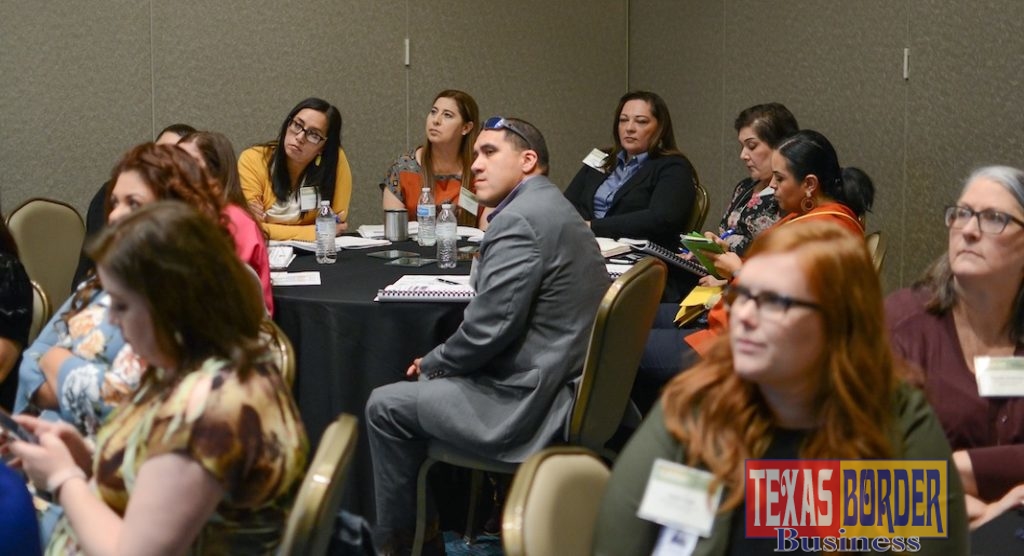STC holds 14th annual event dedicated to assisting students become college and career ready

Texas Border Business
MCALLEN, TEXAS – If we are going to grow our economy and have economic development across the Valley, we need to have graduates who are ready to go to work, whether it’s right out of high school or right out of college.
That was the message presented at an annual event hosted by South Texas College (STC), which challenged educational partners to evaluate their operations in order to assist students as they begin to transition from college into meaningful careers.
STC welcomed educators from across the Valley to its 14th Annual Summit on College and Career Readiness, which took place at Mission Event Center Monday, April 15.
The theme for the Summit this year, “Bridging Student Success” was designed to address key issues in education, and featured a daylong slate of relevant and timely issues facing educators today.
“The career and college readiness of our high school graduates is critical to the economic growth of this region,” said STC President Dr. Shirley A. Reed. “Employers are looking for qualified employees to do whatever they need them to do. New companies and industries are not going to consider coming into a region that does not have a prepared or trainable workforce for them.
“We need highly skilled and very confident students with strong team skills and strong soft people skills. That is our focus,” Dr. Reed said. “It’s to bring all of our high schools and higher-ed institutions together to hear about the challenges, consider potential strategies, and formulate meaningful solutions. That’s really the purpose of this.”
Presenters at the event included representatives from the Texas Higher Education Coordinating Board, Educational Results Partnership, Workforce Solutions, RGV FOCUS, and numerous experts from South Texas College staff and faculty.
Creating experiences for students through programs like dual enrollment or early college high schools is integral in order to keep them engaged, along with real experience through college-level coursework, according to keynote speaker Dr. Joel Vargas, Vice President of JFF, a national organization seeking to drive change in the American workforce and education systems in order to promote economic advancement.
“I see that you have a lot of different folks from different sectors in order to improve education and employment outcomes in the region. You have employers and K-12 educators as well as colleges from both two-year and four-year (institutions). That is very promising to see,” Dr. Vargas said when asked about his immediate impressions of the summit. “I know they have all been at the table for a while and they continue to come back so that says a lot about your communities and the prospects for improvement.”
With STC’s dual credit partners, the
“The most important outcome of this event is the knowledge gained from presenters on how we can help students be successful,” said Dr. Rebecca De Leon, Dean for Dual Credit Programs and School District Partnerships at STC.
“We are currently assessing our operations and evaluating how we can continue assisting students attending our partnering school districts,” Dr. De Leon said. “We are seeking insight from school districts, workforce and community partners to determine what is the need, and how we can continue moving forward to help our students be successful.”
High school students interested in participating in the program must meet the same requirements as all other college students within the guidelines established by The Texas Higher Education Coordinating Board.
Eligible high school students are able to take courses in place of, or in addition to, the normal course load at their high school.
Dual Credit courses, offered at high school sites, are provided at no cost to students.














